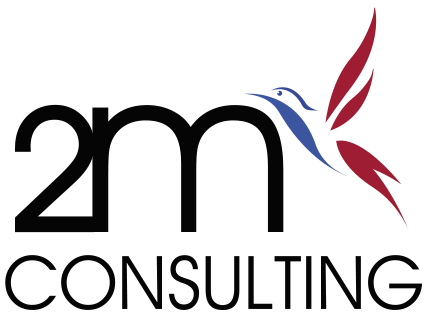Bilingualism may not necessarily make you smarter, but it does make your brain more healthy, complex, and actively engaged. And it’s never too late to start!
Before the 1960s, bilingualism was considered a handicap that slowed a child’s development by forcing them to spend too much energy distinguishing between languages, a view based largely on flawed studies.
However, more recent studies have shown children learn languages more easily because the plasticity of their developing brains lets them use both hemispheres in language acquisition.
Studies show that knowing two languages enhances the capacity for multitasking, paying attention, problem-solving, and creative thinking. Additionally, bilingualism has been associated with improving working memory performance.
In most adults, language is lateralized to one hemisphere, usually the left, and that’s why most adults find learning a new language quite difficult. But for our brain health, learning a new language is always beneficial.
Apart from cognitive performance, other benefits include access to other cultures, being at home in the world, more enjoyable travel experiences, and more professional and academic opportunities.



